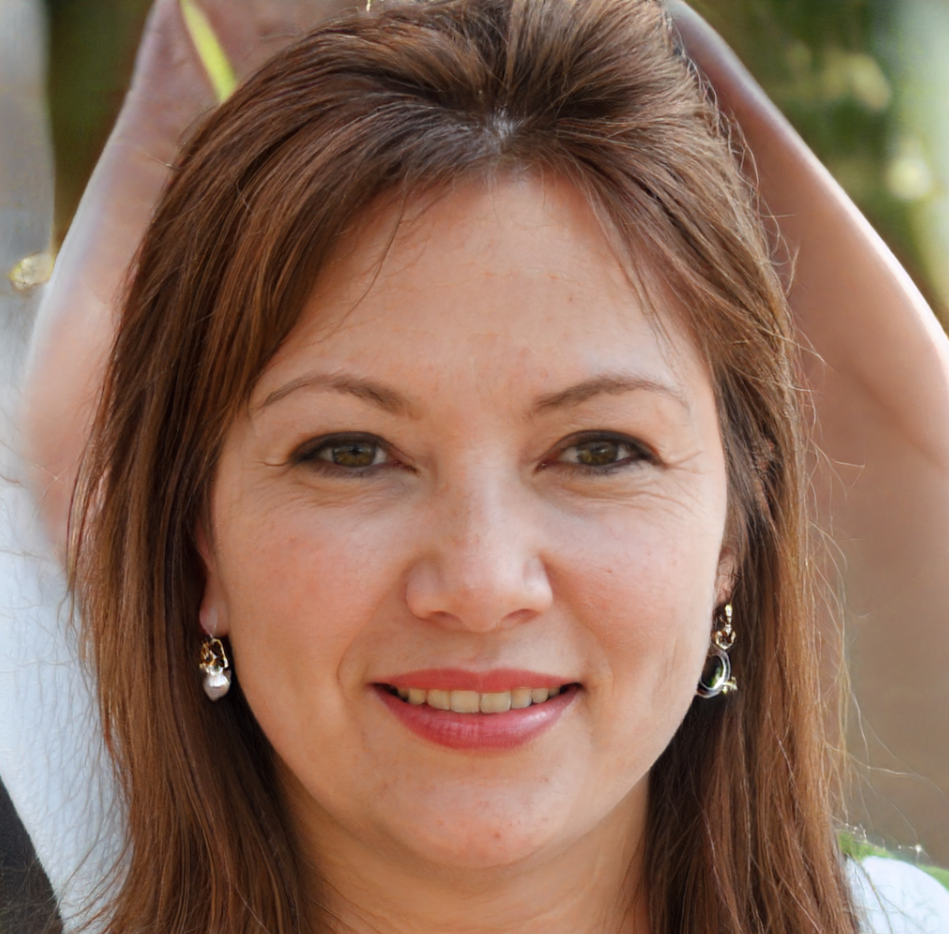A Matter of Taste: Humoral Ecological Effects of Traditional Khmer Food-Medicines During Maternity
386 View
Share this Video
- Publish Date:
- 23 September, 2022
- Category:
- Natural Remedies
- Video License
- Standard License
- Imported From:
- Youtube
Tags
The framework of humoral medicine is a constant across numerous traditional, alternative and complementary medicine systems (TCAM). The four humors of blood, phlegm, yellow bile and black bile that were believed to be the causes of illness correspond to the natural elements of earth, air, fire and water. According to humoral medicine, the balancing of one’s “humoral ecology” to the point of equilibrium is essential to obtaining and maintaining health. Historically, these attempts of humoral alignment primarily used medicinal plants and herbs in various preparations.
Traditional Khmer Medicine (TKM) is exceptional plant-based and medicinal plants are heavily integrated into the local cuisine in different ways. Avoidance of or affinity for specific traditional food-medicines is common during maternity due to the different humoral ecological demands of each stage of maternity. Drawing from archival and botanical research, as well as fieldwork research conducted in Siem Reap Province, Cambodia, this talk explores how rural populations mediate their health through the taste and form of traditional Khmer food-medicines during different stages of maternity.
This talk provides an overview of humoral medicine in a general and TKM context, gives examples of commonly used Cambodian medicinal plant species during each stage of maternity, and highlights commonly used food-medicine recipes with special attention to their form and taste as a means of determining the type of humoral ecological effect they are perceived to have on maternal or fetal health.
***
ASHLEY THAO DAM
Ashley Thuthao Keng Dam is a PhD candidate in ecogastronomy, education, and society at Università degli Studi di Scienze Gastronomiche whose research is focused on traditional Khmer ethnobotany and ethnomedicine during maternity. Thao is also interested in the perpetual digitalisation of food and health, which is the basis of their undergraduate and graduate courses entitled "digital gastronomy".
***
THE UNIVERSITY OF GASTRONOMIC SCIENCES
The University of Gastronomic Sciences, founded in 2004 by the international non-profit association Slow Food in cooperation with the Italian regions of Piedmont and Emilia-Romagna, is a ministerially recognized, private non-profit institution.
Its goal is to create an international research and education center for those working on renewing farming methods, protecting biodiversity, and building an organic relationship between gastronomy and agricultural science.
The result is a new professional figure, the gastronome!
***
Learn more: www.unisg.it
Our Programs: https://www.unisg.it/en/programs-admi...
Instagram: https://www.instagram.com/unisg_offic...
Facebook: https://www.facebook.com/UNISG.Univer...
Twitter: https://twitter.com/unisg
Linkedin: https://www.linkedin.com/school/unive...














